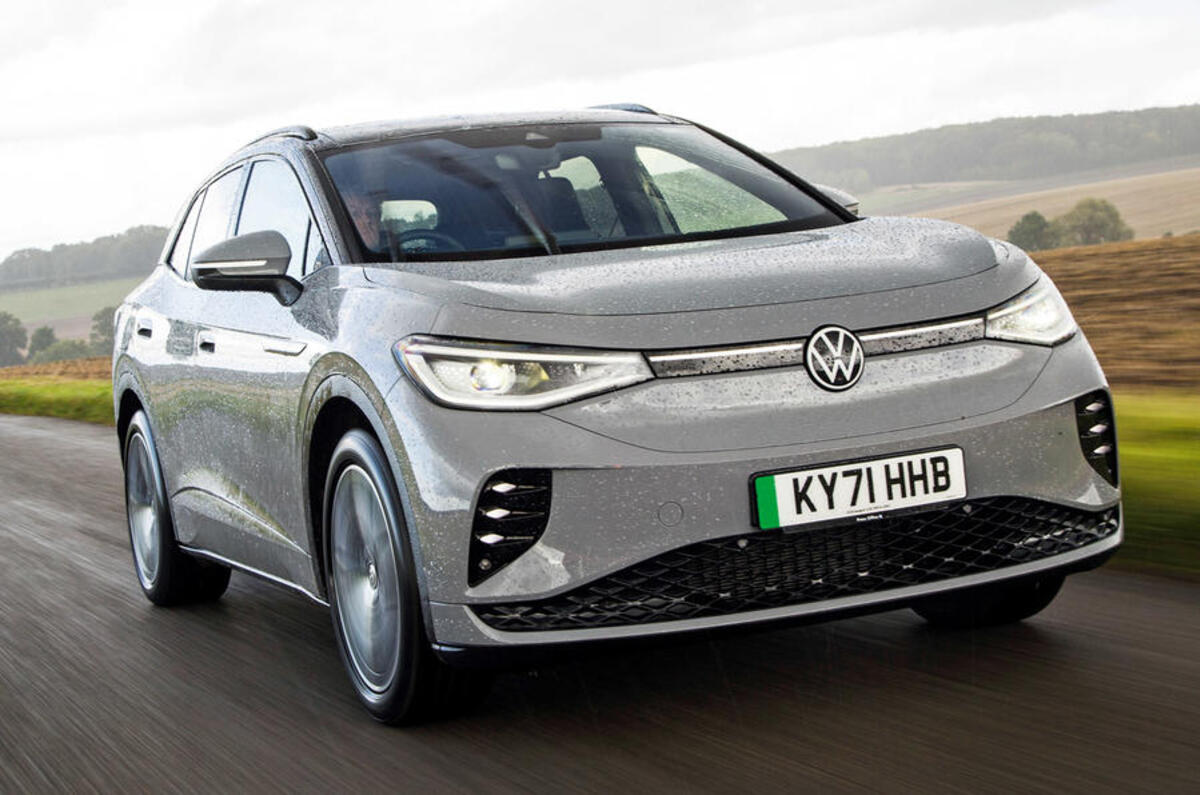Volkswagen sales dropped around 8% in 2021 as it battled the ongoing global semiconductor shortage, but it recorded a substantial uptick in sales of all electrified models.
The German company delivered 4.897 million vehicles globally, down from 5.328m in 2020 - which was itself a 15.1% decline, attributed to the impact of the Covid-19 pandemic.




Join the debate
Add your comment
"The rise in EV popularity was most profound in China, where Volkswagen sold 437% more EVs than in 2020."
Obviously a huge increase, but how many EVs did VW have on sale in China in 2020?